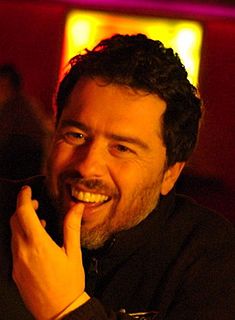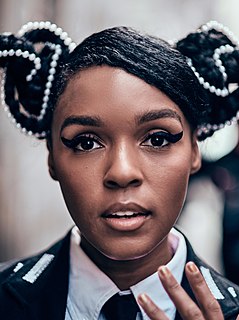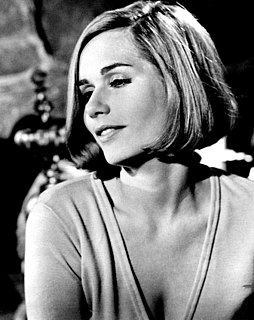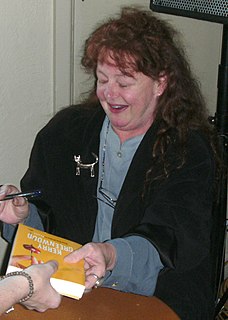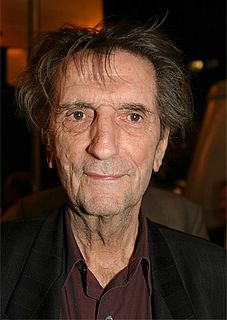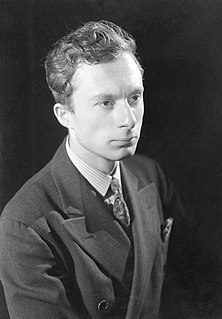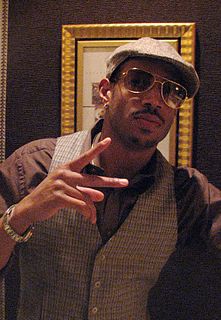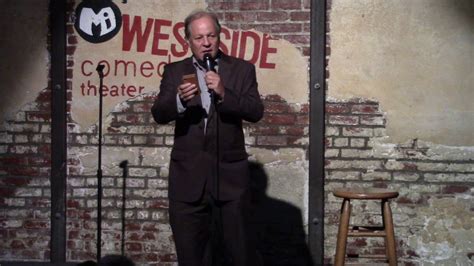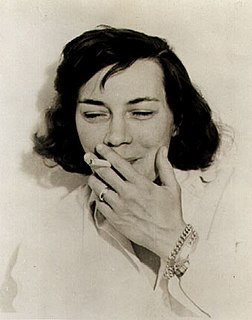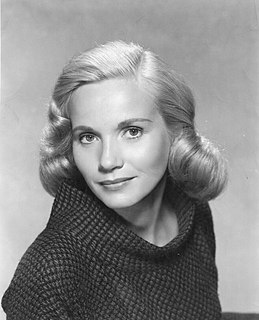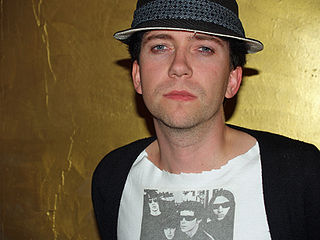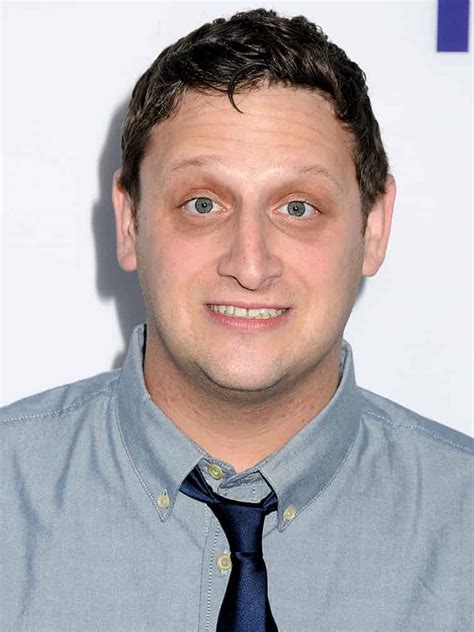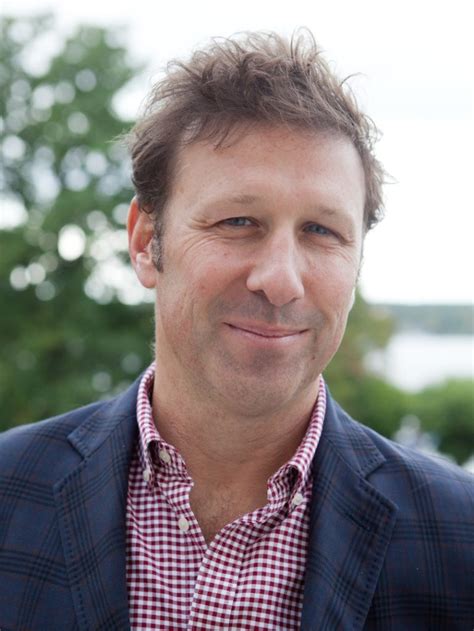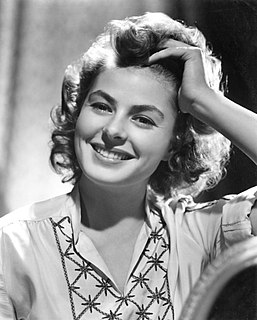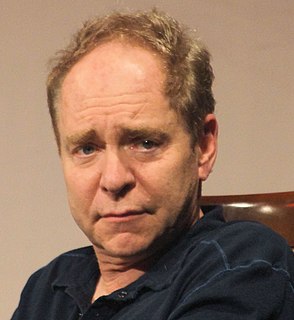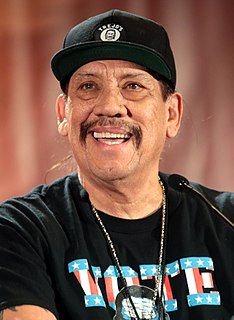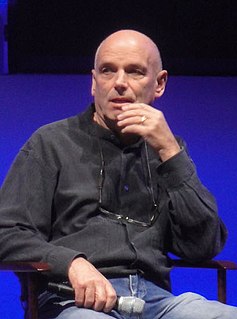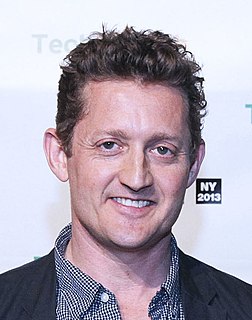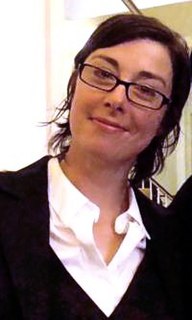Top 1200 Hitchcock Movie Quotes & Sayings
Explore popular Hitchcock Movie quotes.
Last updated on October 8, 2024.
Film works when a director and a star have a connection. You know, when there's something telekinetic between them, there's a partnership, it's like alter egos. It's like James Stewart and Alfred Hitchcock, or Fellini and Mastroianni. I'm not comparing, I'm just saying, if you can come into a relationship where the director and star have such a bond, it's so much easier to make a movie.
Alfred Hitchcock talked about planning out his movies so meticulously that when he was actually shooting and editing, it was the most boring thing in the world. But drawing comics isn't like shooting a movie. You can shoot a movie in a few days and be done with it, but drawing a comic takes years and years... That's the biggest part of doing comics: You have to create stuff that makes you want to get out of bed every morning and get to work.
When you take on Hitchcock you know it's gonna provoke some sort of controversy, because there were so many people talking about the book [Stephen Rebello's Alfred Hitchcock and the Making of Psycho] and wanting it to be the film about the making of this movie [Psycho]. But that's been done. That's been done in the book, and Stephen Rebello himself was like, "I want a movie which is an entertainment for the audience." So we made the conscious decision.
There are two kinds of filmmaking: Hitchcock's (the film is complete in the director's mind) and Coppola's (which thrives on process). For Hitchcock, any variation from the complete internal idea is seen as a defect. The perfection already exists. Coppola's approach is to harvest the random elements that the process throws up, things that were not in his mind when he began.
It's Toby Jones playing Alfred Hitchcock, not Alfred Hitchcock. We all felt that his silhouette was crucial, so his nose and lips were crucial as well. We had to build it out a bit to get the silhouette. But, with my nose being so small within the proportion of my face, the first nose was too big. I felt like a nose on parade.
I remembered watching the film from Alfred Hitchcock, 'Dial M for Murder,' and he shot almost all of that movie in one room. There was a genius in what Hitchcock did by manipulating things in that room so that you could see the distances between things like the tables and the vases because of how he used perspective.
If you want to do a movie about aliens coming down to Earth nowadays, you need to do it with a smile. When Tim Burton did Mars Attacks, he tried to make it a little bit kitschy, because it's not scary for people anymore. It's not scary that birds will attack you anymore, but I'm sure it was when Alfred Hitchcock made it. And it still is when you watch it.
I studied Hitchcock and Josef von Sternberg under Richard Dillard at Hollins, and that year under his tutelage just completely rewired my brain. Both directors combine moral seriousness with great artistry and, certainly in Hitchcock's case, an enormous respect for plot, for its power to enthrall and delight.
Any music star would be singing about his lost love. A movie would be about a relatable incident; it wasn't an untouchable magic dragon box. It was something that people could relate to, and when I vanished a girl, it would be a story about a girl that left me, or a cutting into pieces would be a date with a magician. I wouldn't just vanish a girl in a shower, I would do the shower scene from Psycho [1960] with a [Alfred] Hitchcock cameo.
I went to film school and studied Alfred Hitchcock. I knew of Alma Reville existence, but had no idea really who she was or how influential she was on him. She stayed in the shadows. Go online, and there are hardly any images or film of her. She really stayed out of the limelight on purpose. She didn't want it, and I think that's one of the reasons that she's really lost in the shadows of Hitchcock's history to a degree.
In editing, you really face what the movie is. When you shoot it, you have this illusion that you're making the masterpieces that you're inspired by. But when you finally edit the movie, the movie is just a movie, so there is always a hint of disappointment, particularly when you see your first cut.
There are many stories of people didn't set out to make a film that became a classic - the whole process was a disaster, everybody hated each other, the movie itself was a disaster, everybody thought the movie and the script was going to be a piece of crap. Look at Alfred Hitchcock and Psycho. Nobody wanted to make Psycho; it was crap to them. The only person that wanted to make Psycho was Hitchcock. Now, it's considered a classic and a work of art.





